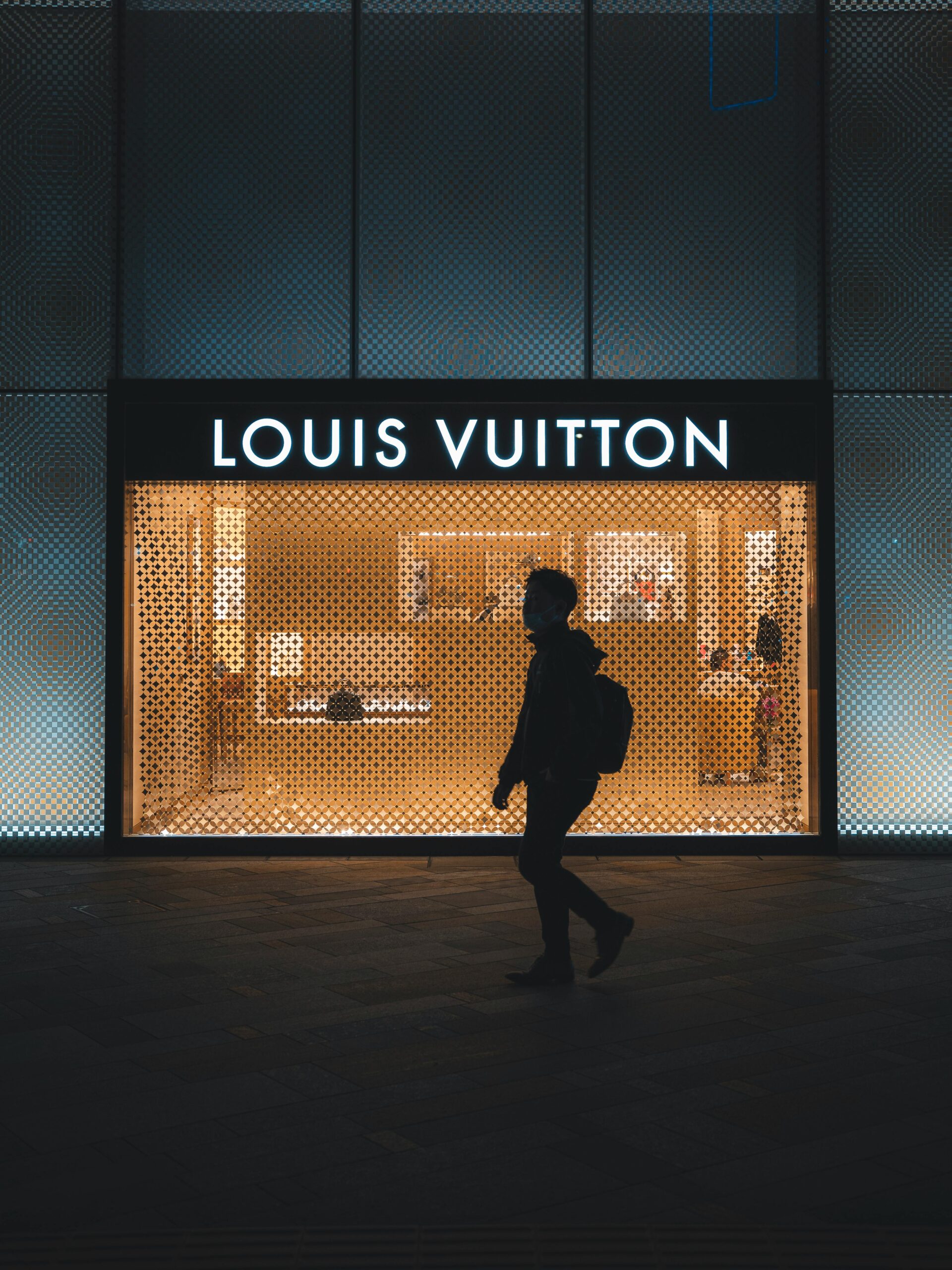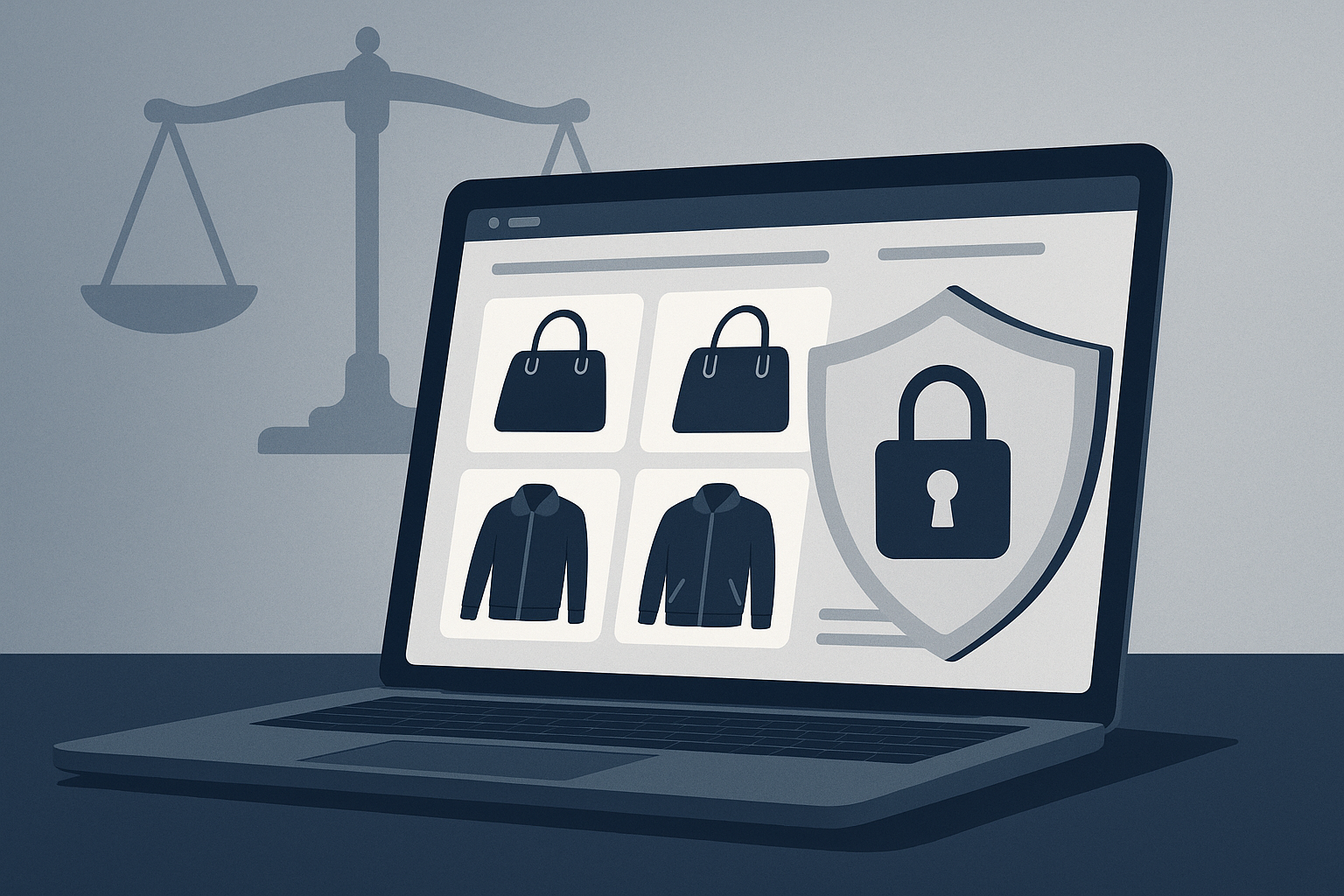In an era where online marketplaces dominate the retail sector, the issue of counterfeit goods has never been more pressing. Retail platforms, particularly those allowing independent third-party sellers, find themselves at the crossroads of innovation, commerce, and legal compliance. The question of liability for counterfeit goods sold on these platforms is complex and multifaceted. This article aims to dissect the legal obligations of retail platforms in handling counterfeit goods and offer guidance on how they can avoid liability while fostering a trustworthy marketplace.
Understanding the Legal Framework
The legal landscape surrounding counterfeit goods is intricate, and varies by jurisdiction. In South Africa, for instance, the Counterfeit Goods Act (CGA) sets out clear stipulations regarding the handling of counterfeit items. According to section 2(2) of the CGA, any person who engages in conduct related to counterfeit goods, including the offering or exposing them for sale, commits an offence if they knew or should have suspected the goods were counterfeit, or if they failed to take all reasonable steps to avoid such conduct.
This brings us to the crux of the matter: what constitutes “reasonable steps” and, consequently, what actions or inactions could lead to negligence (which is the failure to act reasonably) on the part of the platform.
The Standard of Reasonableness
The standard of reasonableness is subjective and varies according to specific circumstances. However, it generally encompasses actions that a typical, prudent platform would take to prevent the sale of counterfeit goods. This might include removing listings of infringing goods upon notification, banning repeat offenders, and cooperating with brand owners or authorities in investigations.
However, there’s a significant debate about whether platforms are required to implement advanced technology solutions to detect counterfeit goods proactively. The cost of such technologies can be substantial, and there’s no clear legislative mandate in jurisdictions like South Africa that obliges platforms to make such investments. Therefore, while adopting such technologies might be beneficial (particularly to the profit margins of luxury brands), it may not necessarily be feasible for retail platforms (since they probably don’t stand to gain from such enforcement) if it is not deemed a legal requirement under the standard of reasonableness.
However, most of us want to avoid the threat of costly legal dispute, and so taking a practical approach to resolving matters amicably and collaboratively, with a view to seeking win-win solutions, is always an attractive alternative (unless your bread and butter is litigation, which thankfully, ours is not – we prefer finding more elegant solutions where possible).
Collaboration and Cooperation
A practical approach for retail platforms is collaboration with brand owners. For example, if a brand like Luis Vuitton alerts a platform to the presence of counterfeit goods, acting swiftly to investigate and remove those listings can demonstrate a commitment to combating counterfeiting. Moreover, platforms can engage in dialogues with brand owners to establish clear protocols for reporting and addressing counterfeit listings, which can further mitigate liability risks.
Platforms might also consider collaborating with other retailers to understand industry standards and practices. This can help in establishing a “reasonableness” benchmark and ensuring that actions taken are in line with sector-wide efforts against counterfeiting.
Legal Precedents and Industry Practices
Legal precedents play a crucial role in shaping the responsibilities of retail platforms. For instance, South African case law, such as the Smith & Nephew v Mediplast Pharmaceutical Sales case, highlights that liability for trademark infringement may not automatically extend to retailers or platforms, where a manufacturer sells infringing goods to a retailer and the retailer is merely involved in the subsequent sale of goods – which arguably is a higher degree of involvement than a retail platform that does not directly come into possession of goods.
However, platforms should not interpret this as a necessary shield against liability in the context of counterfeits. The legal landscape is evolving, and courts may take different stances based on the specifics of each case. Therefore, staying informed about recent legal developments and adjusting practices accordingly is vital.
Final Recommendations for Retail Platforms
- Prompt Action on Reports: Take immediate action upon receiving reports of counterfeit goods. This includes investigating claims, removing infringing listings, and banning sellers who repeatedly list counterfeit products.
- Collaborate with Brands: Establish open lines of communication with trademark owners for efficient reporting and resolution of counterfeit goods issues.
- Monitor and Adapt: Keep abreast of legal developments and industry standards regarding counterfeit goods. Adjust policies and practices as necessary to stay within the bounds of the law and industry expectations.
- Educate Sellers and Consumers: Provide clear guidelines and educational resources for sellers on your platform regarding the sale of genuine goods. Similarly, inform consumers about identifying and reporting counterfeit products.
- Consider Technological Solutions: While not necessarily a legal requirement, investing in technology to detect counterfeit listings can be a proactive step towards a cleaner marketplace. Evaluate the costs and benefits, and consider seeking contributions from concerned brands.
By navigating the complex legal terrain with a proactive and collaborative approach, retail platforms can significantly mitigate their liability risks associated with counterfeit goods while fostering a safe and trustworthy shopping environment.
*** The above article is merely informational and does not constitute legal advice. Please get in touch with us at [email protected] for legal assistance.







